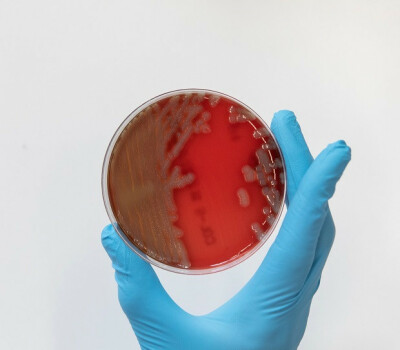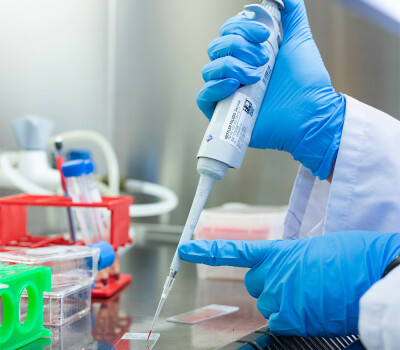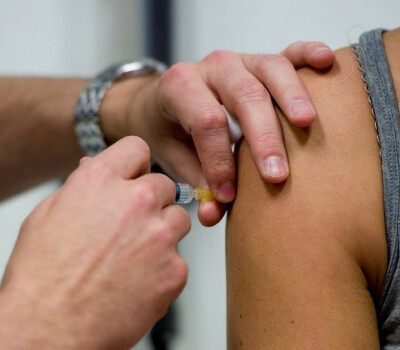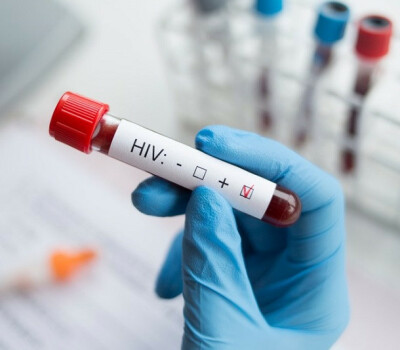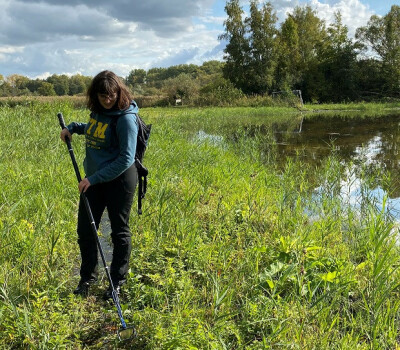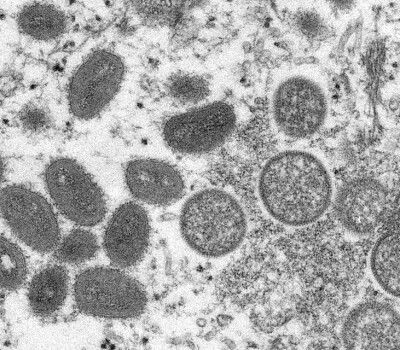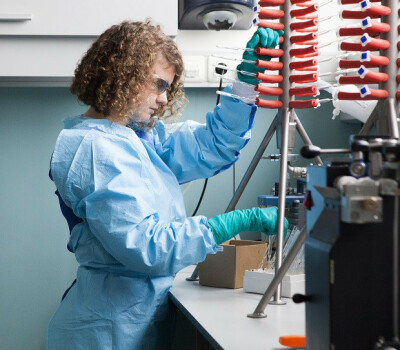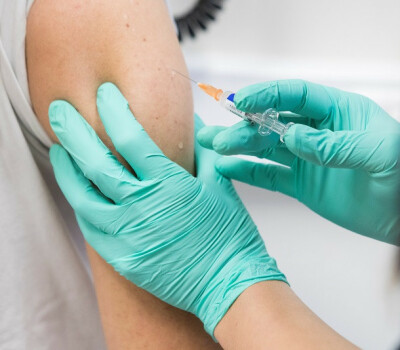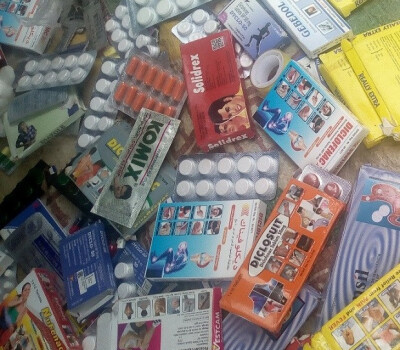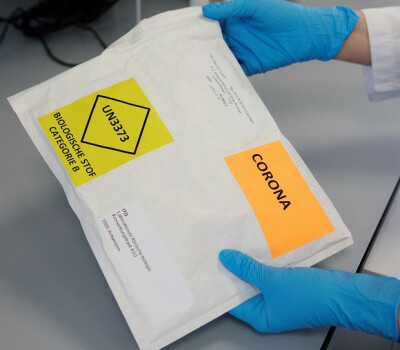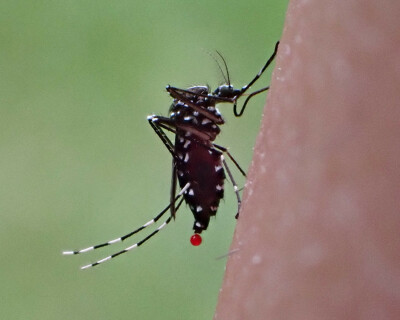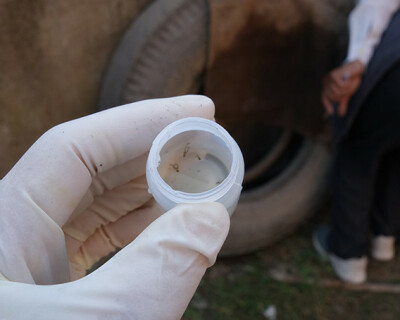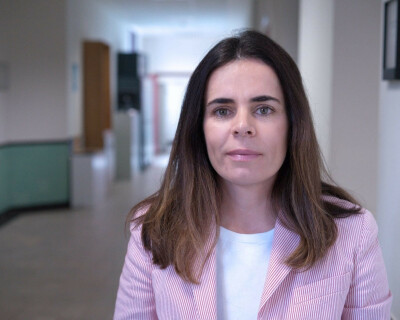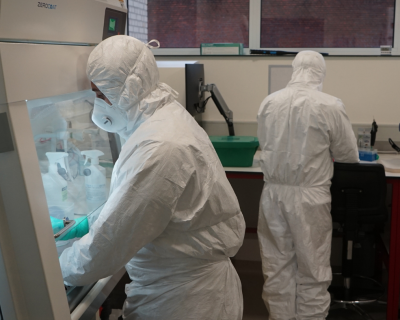
Arboviruses
An increasing threat for global health
Arboviruses are viral infectious diseases transmitted by arthropods. These include insects of which mosquitoes, ticks and sand flies are the most important vectors (carriers). The most common clinical features of infection are fever, headache and malaise. A number of viruses can also cause chronic polyarthralgia, encephalitis or hemorrhagic fever. The dengue virus is the most common pathogen of the arboviruses. Other important pathogens are chikungunya, tick-borne encephalitis, West Nile, Krim-Congo, yellow fever, Zika and Japanese encephalitis viruses.
Since 2014, ITM has gradually expanded its research portfolio on (re)emerging tropical viruses, with a particular interest in:
molecular interactions between virus, host and vector
(the development of) new diagnostic tools to be used in low resource settings and outbreak conditions
new antiviral strategies
virus discovery
Units
Labs
National Reference Centre for Arboviruses
National Reference Centre for Tropical Infectious Diseases

What we do
In this context, the Virology Unit of ITM, part of the National Reference Centre (NRC) for Tropical Infectious Diseases and NRC for Arboviruses, supports molecular virus diagnostics and serological diagnosis with virus neutralisation assays. In collaboration with the industry, the unit is currently developing new diagnostic tools for the simultaneous detection of many arboviruses and hemorrhagic fever viruses. The unit is running collaborative projects in the Democratic Republic of the Congo, Peru and Cuba, to study arbovirus prevalence and the development and evaluation of new diagnostic tests and interactions between the dengue virus and the host.
